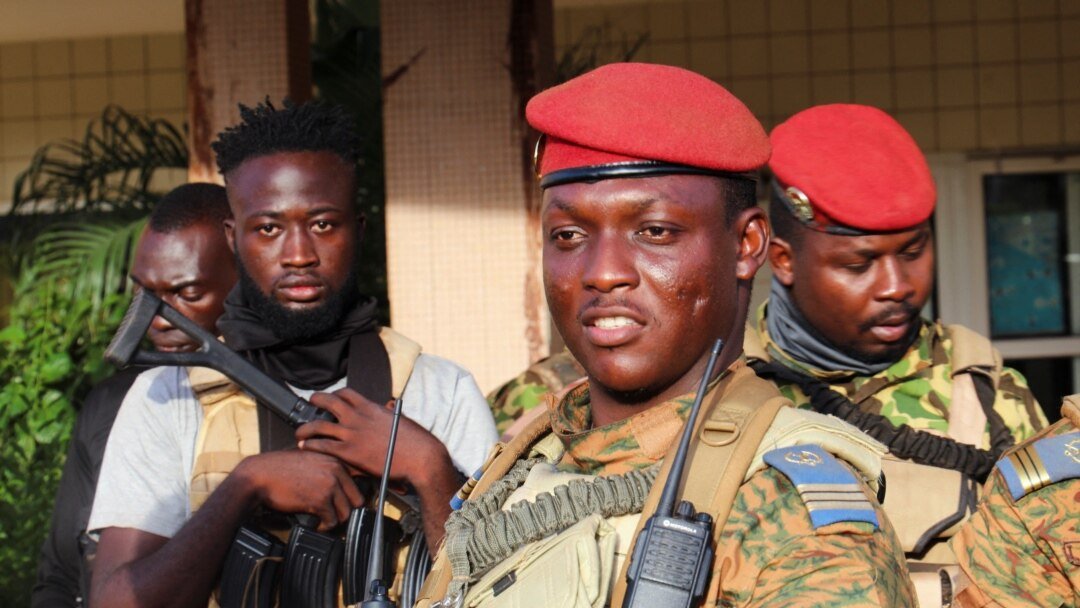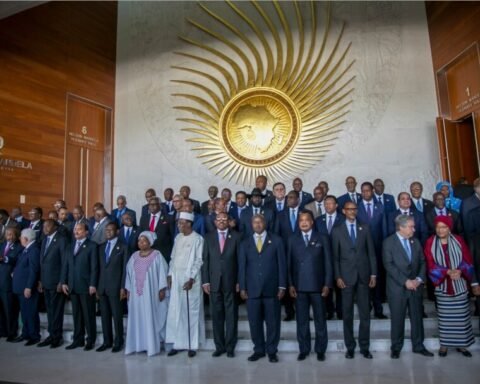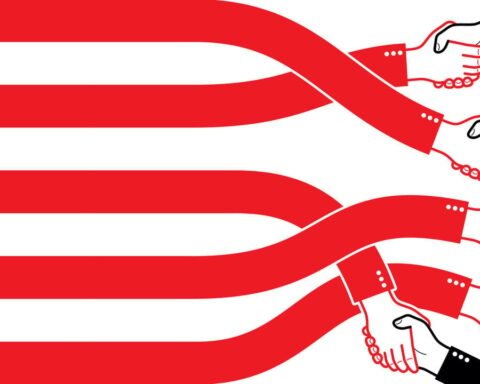The recent African military summit in Nigeria, convened to foster continental security cooperation, highlighted a growing divide in West Africa as Burkina Faso and Mali abstained from attending.
Their absence underscores the fragile nature of regional alliances and the challenges of maintaining unified security strategies in the Sahel region.
Burkina Faso, Mali, and Niger, all currently under military rule, withdrew from the Economic Community of West African States (ECOWAS) in January 2025, citing disagreements over political interference and sanctions. In their place, the three nations formed the Alliance of Sahel States (AES), aimed at asserting autonomy over security and governance. Analysts note that this split has strained diplomatic ties with neighboring countries still loyal to ECOWAS protocols.
The Abuja summit, which brought together senior defense officials from across the continent—from Djibouti to Namibia—was Nigeria’s attempt to foster a pan-African approach to defense. However, the absence of two key AES members revealed lingering tensions and highlighted the challenge of building consensus in a region facing overlapping threats from insurgencies, terrorism, and organized crime.
Nigeria’s Chief of Defence Staff, General Christopher Musa, emphasized the need for a “new African-led security framework” capable of responding to threats that ignore national borders. He urged regional actors to strengthen joint planning, intelligence sharing, and rapid response capabilities. “Security in Africa is inseparable from African cooperation,” Musa stated, signaling Nigeria’s commitment to playing a central leadership role.
Observers highlight that the summit was as much about symbolism as substance. It reaffirmed Nigeria’s ambition to act as a stabilizing force in the region, while simultaneously sending a subtle message to AES members that isolation could limit influence in continental security discussions.
Also Read; Algeria To Champion African Unity At Trade Fair
The absence of Burkina Faso and Mali is more than a diplomatic slight; it reflects an ongoing realignment in West Africa. By asserting independence from ECOWAS, AES members are challenging traditional regional hierarchies and signaling a willingness to pursue parallel structures for security and defense.
Experts warn that this fragmentation could have consequences for the fight against jihadist insurgencies in the Sahel. Cross-border extremist networks exploit gaps in coordination, and divisions among regional powers may hinder efforts to curb violence effectively.
The unfolding dynamics between ECOWAS and the AES may define West Africa’s security landscape for years. Sustained dialogue, confidence-building measures, and inclusive regional forums will be critical if African nations are to reconcile competing interests and strengthen collective defense.
While Nigeria’s summit laid the groundwork for collaboration, the challenge remains: can Africa overcome political divisions to construct a truly unified security framework capable of responding to the complex threats of the 21st century?







